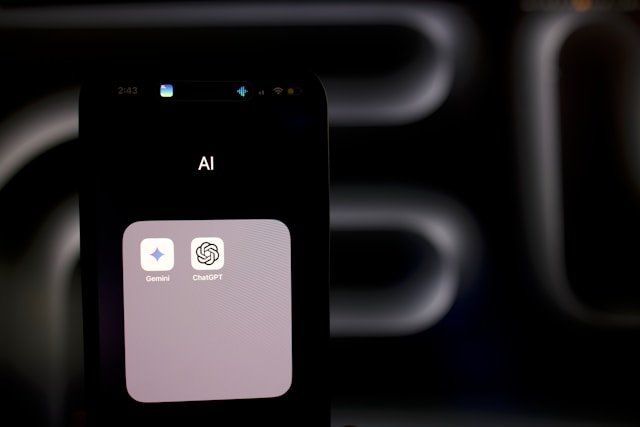Gemini Deep Think becomes first AI to solve Olympiad problems in natural language without human help
In a world-first breakthrough, Google DeepMind’s latest artificial intelligence system has achieved gold medal status at the prestigious International Mathematical Olympiad (IMO), solving five out of six complex problems — without any human intervention.
The 2025 competition, held on Australia’s Sunshine Coast, saw “Gemini Deep Think,” a next-gen AI chatbot, make history by becoming the first machine to match top-tier human performance using only natural language inputs.
“This is a breakthrough,” said Thang Luong, senior research scientist at DeepMind. “No translations, no code. Just English input — and the AI solved it like a human would.”
Unlike earlier systems, which relied on math-specific programming languages like Lean, Gemini Deep Think tackled IMO questions directly in written English. It marks a significant leap from 2024, when DeepMind’s AlphaGeometry and AlphaProof earned silver medals — impressive, but dependent on human translation.
This time, there was none of that. The AI parsed each question, devised its own strategy, and delivered full solutions entirely on its own.
OpenAI, the creator of ChatGPT, also revealed it had developed similar technology capable of scoring equivalently — although it did not formally compete. An OpenAI researcher claimed its system too solved five of the six problems but declined to release further technical details.
Embed from Getty ImagesThe IMO, often described as the “Olympics of mathematics,” pits the world’s brightest high school minds against the most abstract and challenging problems. To win gold, human contestants usually spend years mastering geometry, number theory, combinatorics, and algebra — disciplines that stump even seasoned mathematicians.
Gemini Deep Think’s success highlights a rapid improvement in AI’s mathematical capabilities. Until recently, AI chatbots could barely solve high school algebra. Now, they’re not just competing — they’re winning.
Google first hinted at this trajectory in 2023 with the release of AlphaGeometry and AlphaProof, which introduced symbolic reasoning into AI systems. But these tools were highly specialised, designed specifically for mathematical logic and required complex manual setups. Gemini Deep Think, by contrast, functions more like a human teammate.
Though Google has not yet released Gemini Deep Think to the public, its internal performance has stunned researchers. Not only did it score on par with Olympiad gold medallists, but it also did so with clean reasoning paths and readable English explanations.
The implications are profound. AI could soon play a significant role in mathematical research, suggesting new theorems, automating proofs, and collaborating with human researchers on fundamental problems across physics and engineering.
Still, experts caution that despite the flashy results, AI lacks true understanding. “It’s solving the problems, yes, but does it really grasp the meaning behind the symbols?” one IMO judge mused. “That’s still an open question.”
For now, however, Gemini Deep Think’s victory stands as a landmark in AI development — and a moment of reckoning for educators, researchers, and the future of human-computer collaboration.
With OpenAI and Google both racing ahead in maths, it’s only a matter of time before artificial intelligence becomes a permanent fixture not just in classrooms — but at the very frontier of scientific discovery.
